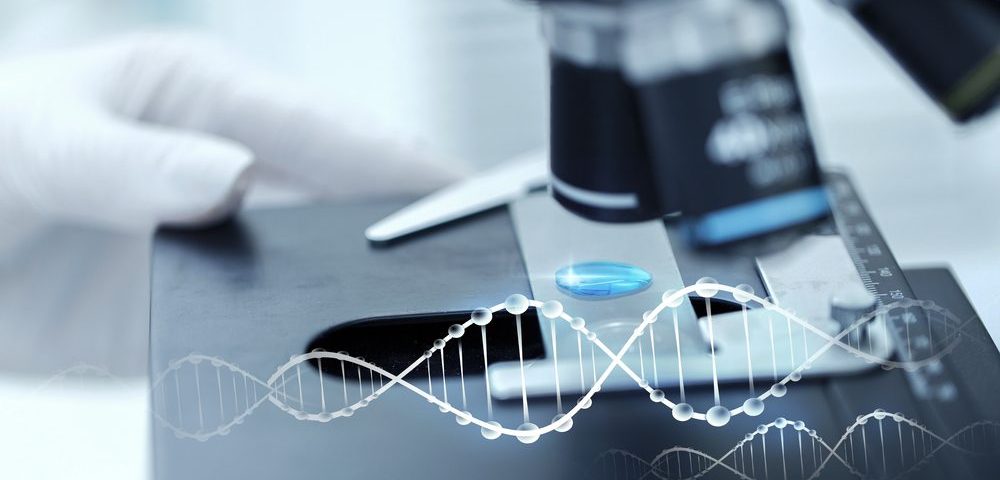Waiting for the results of genetic tests to begin treatment for acute myeloid leukemia (AML) might allow certain patients to benefit from more tailored therapies, according to a recent study.
The results were published in an article, “For Acute Myeloid Leukemia, Genetic Testing Is Often Worth the Wait,” which was published in the journal Blood.
“In the majority of patients, it seems safe to wait for the diagnostic results in order to assign the patient to the correct subgroup and select the appropriate treatment, rather than using the historic one-size-fits-all chemotherapy approach,” Christoph Rollig, MD, lead study author from Universitätsklinikum Dresden, in Germany, said in a press release.
AML is a fast-progressing cancer of the blood and bone marrow and, as such, is considered a medical emergency, with treatment typically beginning immediately.
Several genetic mutations can lead to AML, and treatment can be tailored to those, to some degree. A genetic test, however, may take one to two weeks to deliver results, which can seem like too long a wait to delay treatment.
Few studies have compared the outcomes of immediate versus delayed treatment in AML. Separate analyses of patient outcomes based on time from diagnosis to treatment arrived at conflicting conclusions.
In the new study, a team of researchers leveraged a large dataset of 2,263 patients to provide greater insight into the issue. The registry study (NCT03188874), called Clinical AML Registry and Biomaterial Database of the Study Alliance Leukemia, is a non-interventional study that records patient and disease characteristics, treatments, and outcomes, for those diagnosed with AML in 46 participating treatment centers across Germany.
Results suggested that in stable patients, the time from diagnosis to treatment did not affect remission — a decrease in or disappearance of cancer symptoms — and survival rates. Therefore, it may be better to wait for genetic tests to try a newer therapy that is targeted to their specific cancer.
“We think a potential deterioration in prognosis, if it exists at all, will be much smaller than the clinical benefit a patient would gain by receiving the appropriate novel treatment,” Rollig said.
The authors noted, however, that it may be advisable to provide a “bridging therapy,” or one that provides interim relief, while awaiting the results of genetic tests.
The use of a bridging therapy was particularly important in patients whose AML was classified as clinically unstable. This might occur, for instance, because of infections, extremely high white blood cell counts, rapidly multiplying cancer cells, or coagulation disorders caused by the leukemia.
Based on these considerations and the overall results of the study, the researchers said that doctors can use information at or near the time of diagnosis to determine which patients need immediate treatment and which might benefit more from waiting for test results.
“Clinicians are excellent at determining who needs urgent treatment and who can (even should) wait,” they wrote.

